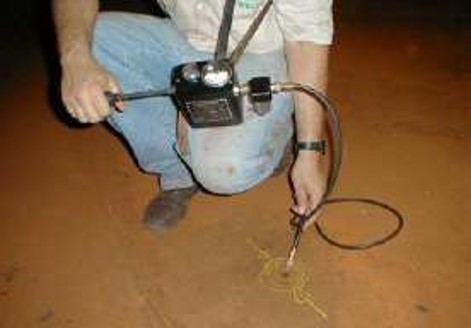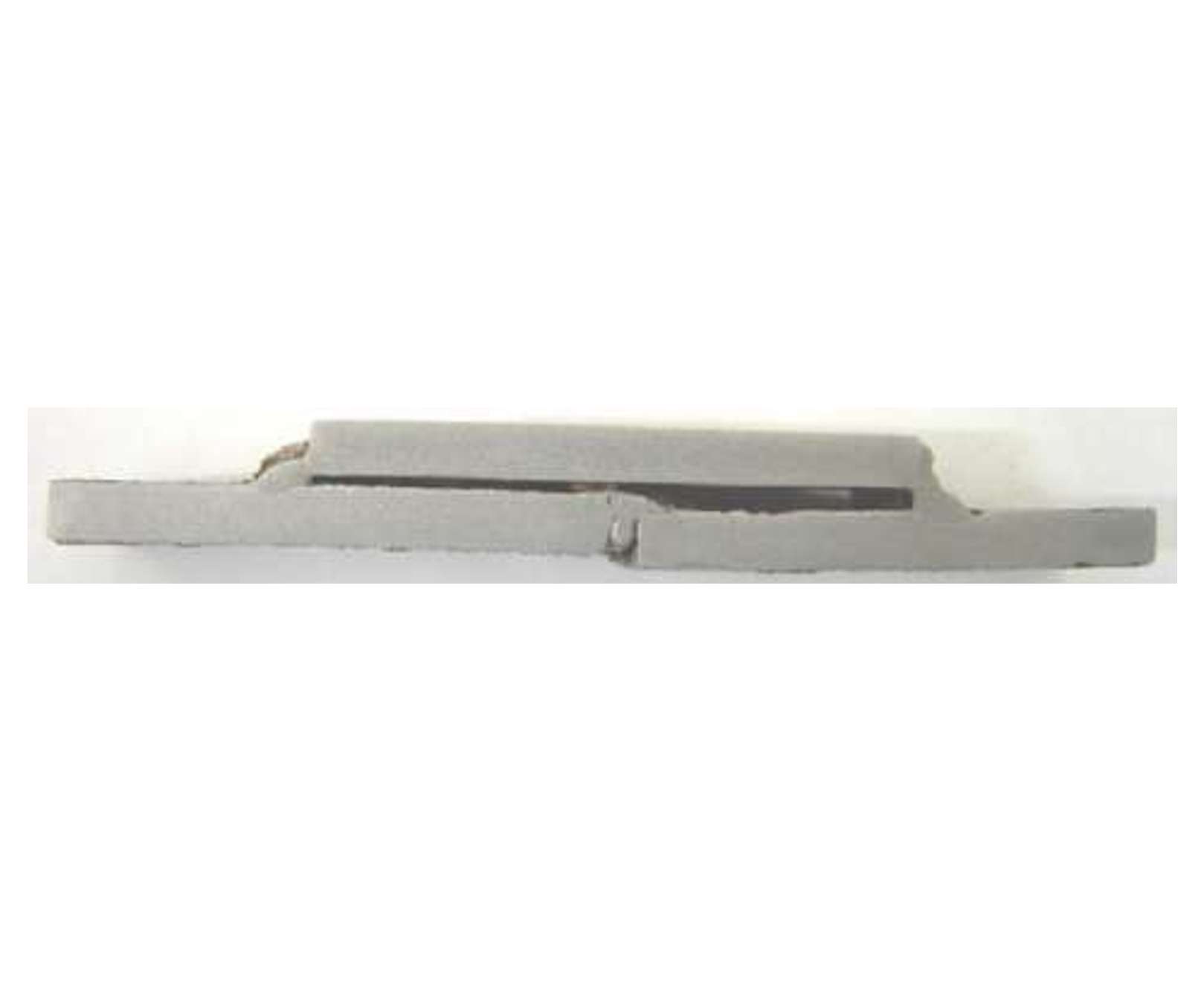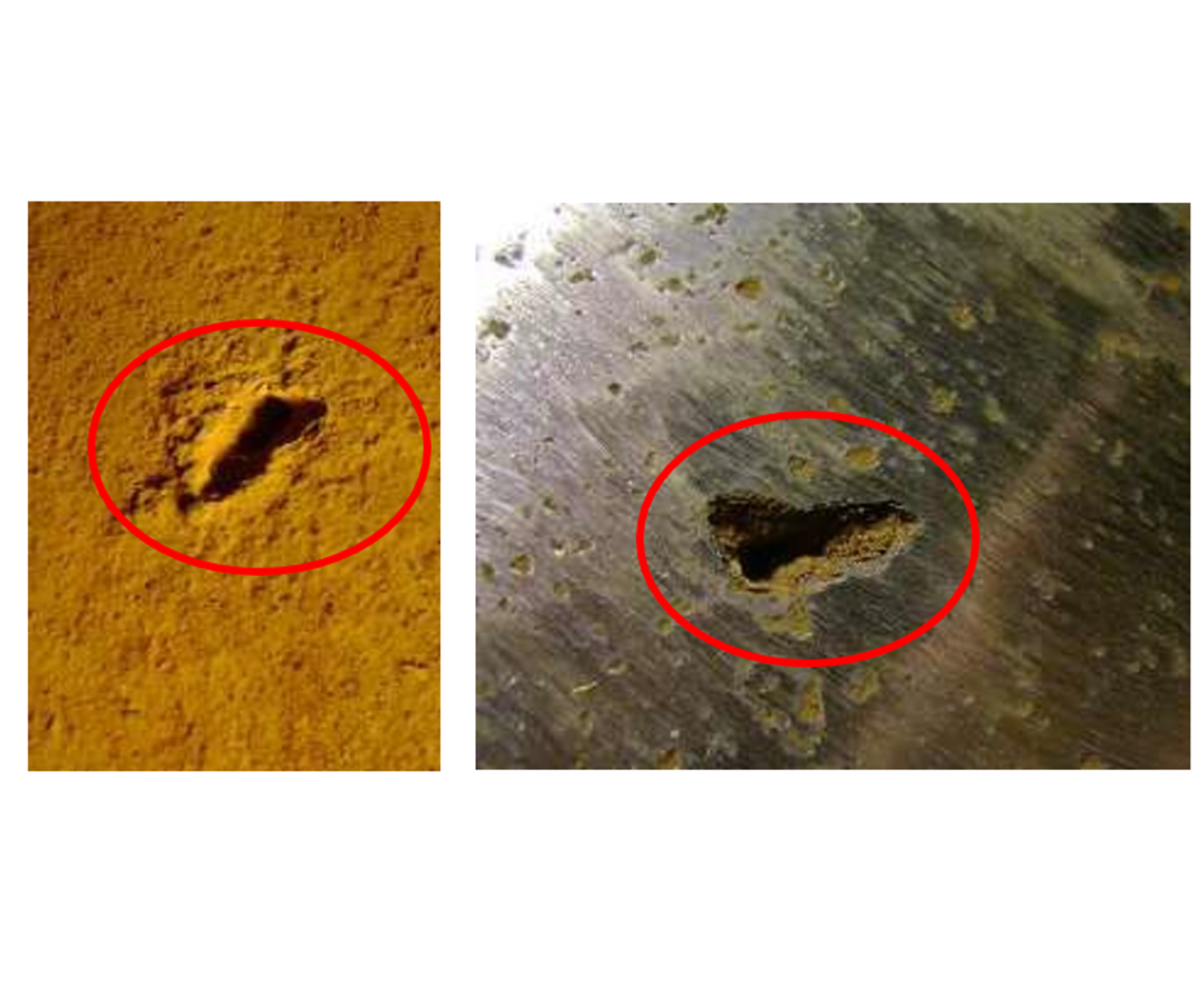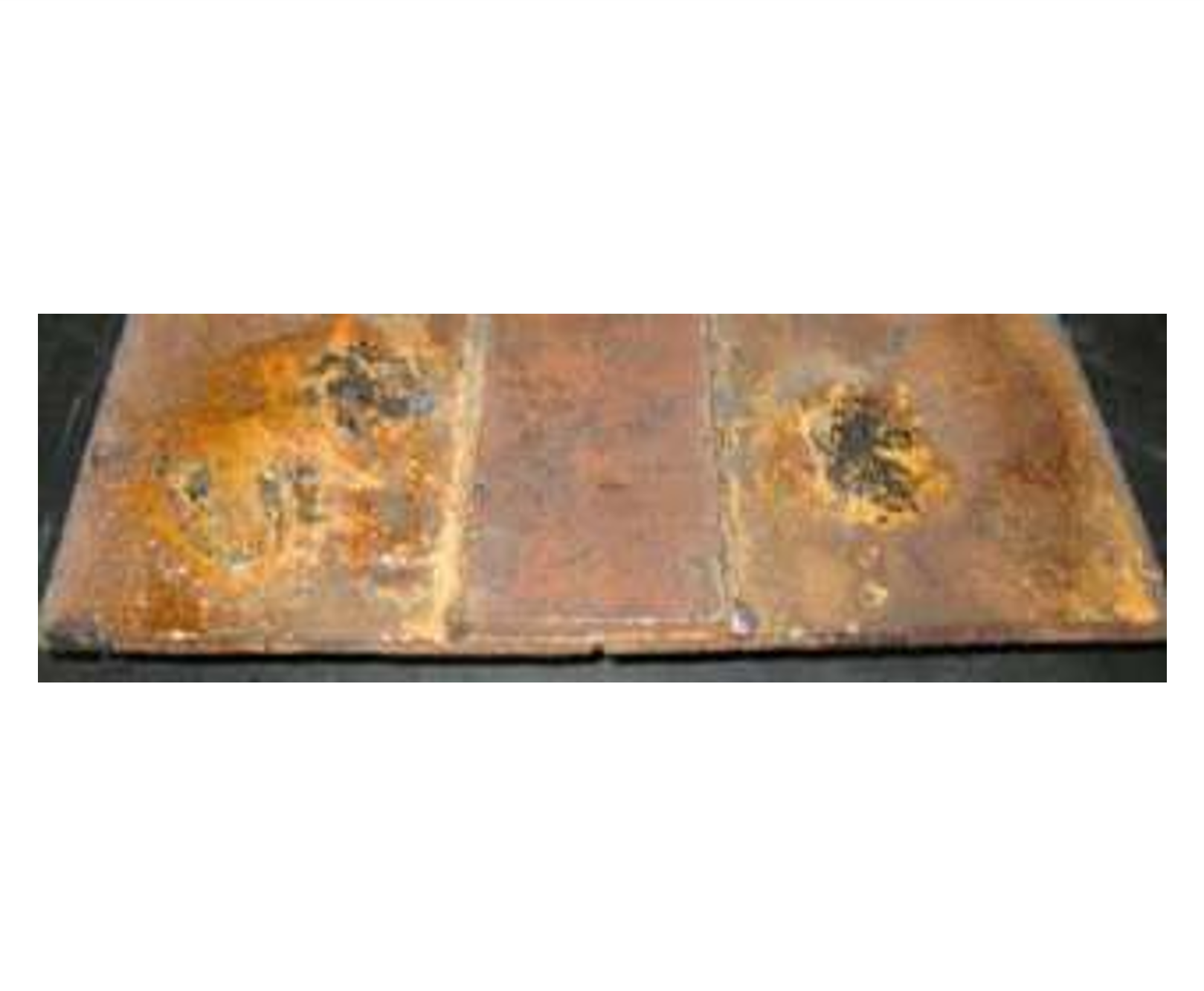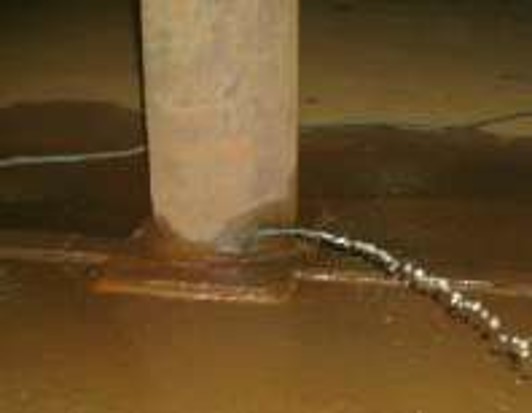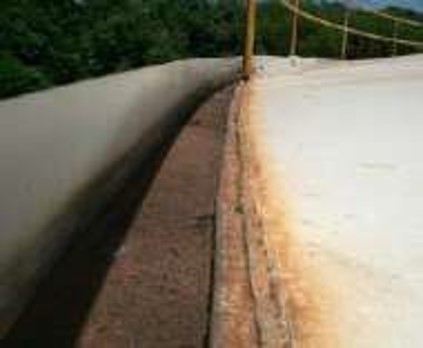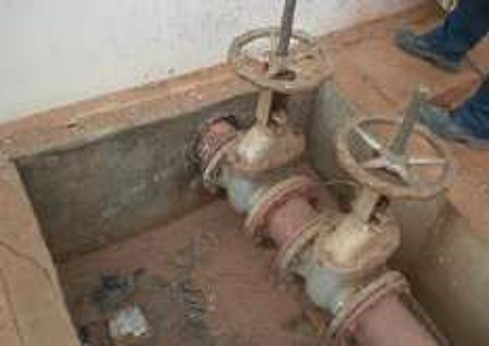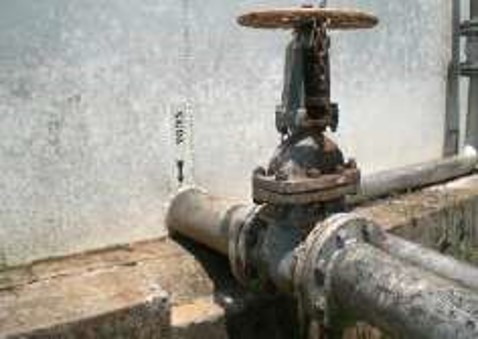Problem
Preventive inspections revealed that six of ten ethanol storage tanks have bottom leaks — often undetectable using conventional measurement methods. In addition, most inspected tanks were found to be non-compliant with current construction standards. The main contributing factors include:
- Lack of technical standards during tank fabrication;
- Poor assembly and welding;
- Lack of preventive and corrective maintenance.
Neglecting the inspection of these tanks may compromise operational safety, increase environmental risks and lead to financial losses due to product leakage.
Service or Solution Provided
To address this scenario, a preventive inspection and corrective maintenance program was implemented, based on recognized standards such as:
- ABNT NBR 7821 (Welded Tanks for Petroleum and Derivatives Storage);
- ANSI/API 650 (Welded Steel Tanks for Oil Storage);
- API Std 653 (Tank Inspection, Repair, Alteration and Reconstruction);
- ABNT NBR 17505 (Storage of Flammable and Combustible Liquids);
- ANP Ordinance 104 (National Petroleum Agency).
The goal was to identify structural failures, correct critical issues and ensure tank compliance with technical and safety regulations.
Execution Process
The inspection followed a detailed protocol, including:
- Document review – assessment of fabrication databooks, technical drawings, and welding certificates;
- Safety condition evaluation – inspection of valves, grounding systems, containment bases, and tank positioning;
- Explosivity test – measurement of flammable gases beneath tank bottom plates;
- Dimensional and visual inspection – detection of structural deformations, corrosion, and weld conditions;
- Advanced testing – ultrasonic testing, liquid penetrant testing and magnetic particle inspection, and vacuum box testing for weld defect detection;
- Technical reporting – documentation of non-conformities and recommendations for corrective actions.
Result
The implementation of this preventive inspection program delivered significant benefits:
- Leak reduction – early detection of structural failures prevented product loss;
- Correction of non-conformities – improved weld quality, compliance with standards, and structural reinforcement;
- Enhanced operational safety – risk mitigation for environmental hazards and accidents;
- Extended tank service life – regular maintenance reduced premature wear;
- Regulatory compliance – ensured alignment with current and anticipated inspection requirements.
This project demonstrated that preventive inspection not only reduces risk but also represents a strategic investment in operational efficiency and safety for ethanol storage.


